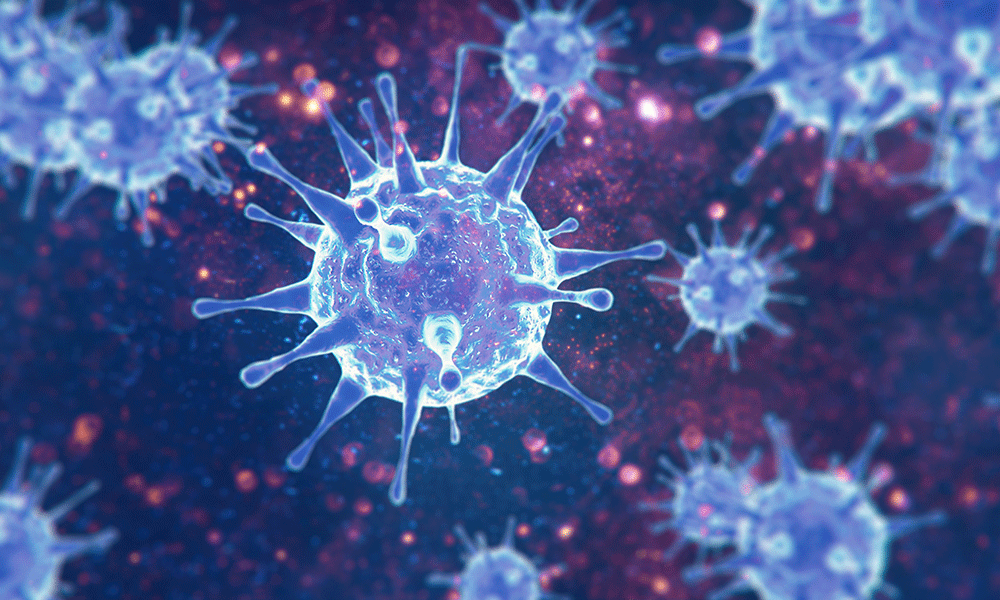AMA and WHO: SARS-CoV-2 serological tests still under scrutiny
Serologic tests may return high amounts of false positives for immunity.

New guidance from the American Medical Association (AMA) has been released to ensure physicians and the general public of the limitations and potential use of serological (antibody) tests.
The guidance cautions physicians and the general public about using these tests as a means to determine individual immunity and warns that the results of these tests are not credible enough to warrant the suspension of physical distancing procedures.
“Given that we do not yet have scientific evidence showing if, when and for how long individuals might become immune to COVID-19, physicians and the general public should not use antibody testing to consider anyone immune to the disease-doing so may lead individuals to falsely assume they can stop physical distancing and further the spread of illness,” says AMA President Patrice A. Harris, MD, in the statement.
Part of the concern for these tests comes from the lack of regulations and/or approval from the FDA, according to the AMA’s statement. The AMA recommends that physicians still pay close attention to the regulatory status of these, and other tests.
Trending: The Devil is in the Details: Terms and Conditions of CARES Act Provider Payments
“Although many are using these tests to determine whether an individual had COVID-19, we encourage physicians to only use antibody tests authorized by the Food and Drug Administration (FDA) and only for the purposes of population-level studies, evaluating recovered individuals for convalescent plasma donations, or along with other clinical information as part of a well-defined testing plan for groups or individuals,” says Harris.
In a statement, the AMA says that many of the 120 current antibody tests on the market may return a significant amount of false positive reports. Thus, the AMA recommends current tests not be used as the sole basis of diagnosing COVID-19, that they not be offered to individuals as a method of determining immunity status, and that they are not to be used to inform decisions such as returning to work, discontinuing physical distancing practices, or obtaining an ‘immunity certificate’.
Similarly, the WHO says in a separate statement, "At this point in the pandemic, there is not enough evidence about the effectiveness of antibody-mediated immunity to guarantee the accuracy of an “immunity passport” or “risk-free certificate.” The WHO also says that people who assume immunity to second infections based the results of any of these tests may ignore public health advice and thus increase the risk of continued transmission.
Lead through crisis with confidence: A health care leader’s playbook for resilience and reputation
May 6th 2025Proactive crisis readiness equips health care leaders to navigate today’s permacrisis era, protecting brand reputation, sustaining patient‑care continuity, and preserving stakeholder trust when disruptive events strike.